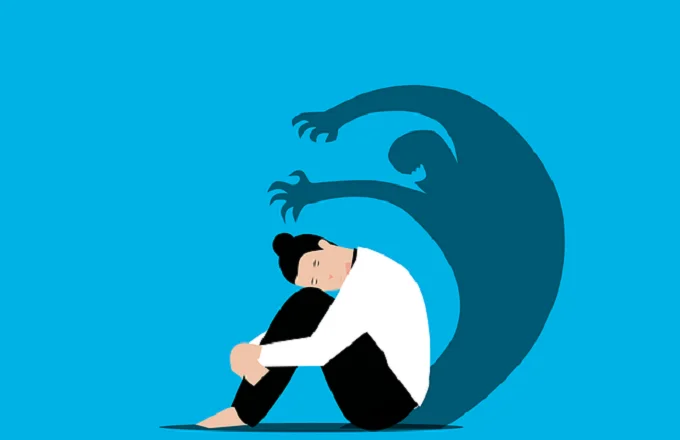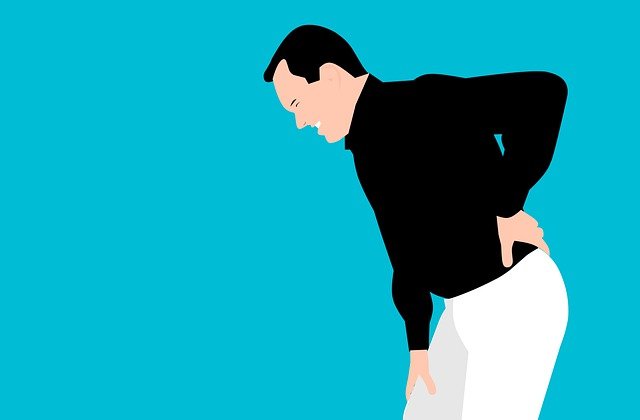5 subtle signs of increased anxiety

Anxiety is a completely normal human emotion that everyone experiences from time to time. However, for some people, anxiety is so severe that it starts to take a toll on daily life. Symptoms of increased anxiety include: rapid heartbeat and breathing, feeling short of breath, nausea, dry mouth, increased sweating, etc.
But there are also less noticeable manifestations of anxiety, which can signal that it is time for you to take a break from work or study, recuperate, and perhaps even see a therapist.
Muscle pain

Many people with constant anxiety have strong muscle tension and soreness. This is especially true of the masticatory muscles (anxious people often involuntarily clench the jaw
Yawn

If you sleep restlessly, then frequent yawning may be associated with a banal lack of sleep. But sometimes, constant yawning is a sign of increased anxiety.
To cope with this symptom, practice “square breathing” more often: inhale in four counts, hold the breath for four counts, exhale in four counts, and hold the breath again for a count of four.
Dizziness

Dizziness is another common sign of increased anxiety (approximately 15% of patients who see a doctor with this symptom have an anxiety disorder).
You can put your head in order with the help of breathing exercises, a short meditation, or aromatherapy (essential oils of lavender, cedar, juniper, bergamot, and cinnamon can be used to relieve tension).
Stomach sensitivity

Morning sickness, food intolerances, loss of appetite, bloating, and abdominal pain can all be signs of anxiety and intense restlessness. However, before you diagnose yourself with anxiety, it is important to rule out diseases with the same symptoms.
And if you are convinced that everything is in order with your physical health, you should pay attention to your mental state: reduce stress factors and have a good rest. This will help get rid of stomach problems associated with anxiety.
Forgetfulness
Absent-mindedness and forgetfulness can also indicate anxiety. This is because stress and tension greatly affect cognitive functions. As a result, constantly worrying about something, people begin to forget everything: passwords, daily tasks, names, dates of important meetings, etc.
Try to write down everything that you can forget, and also be sure to establish a sleep routine and spend a few days in nature – without gadgets and a to-do list.




